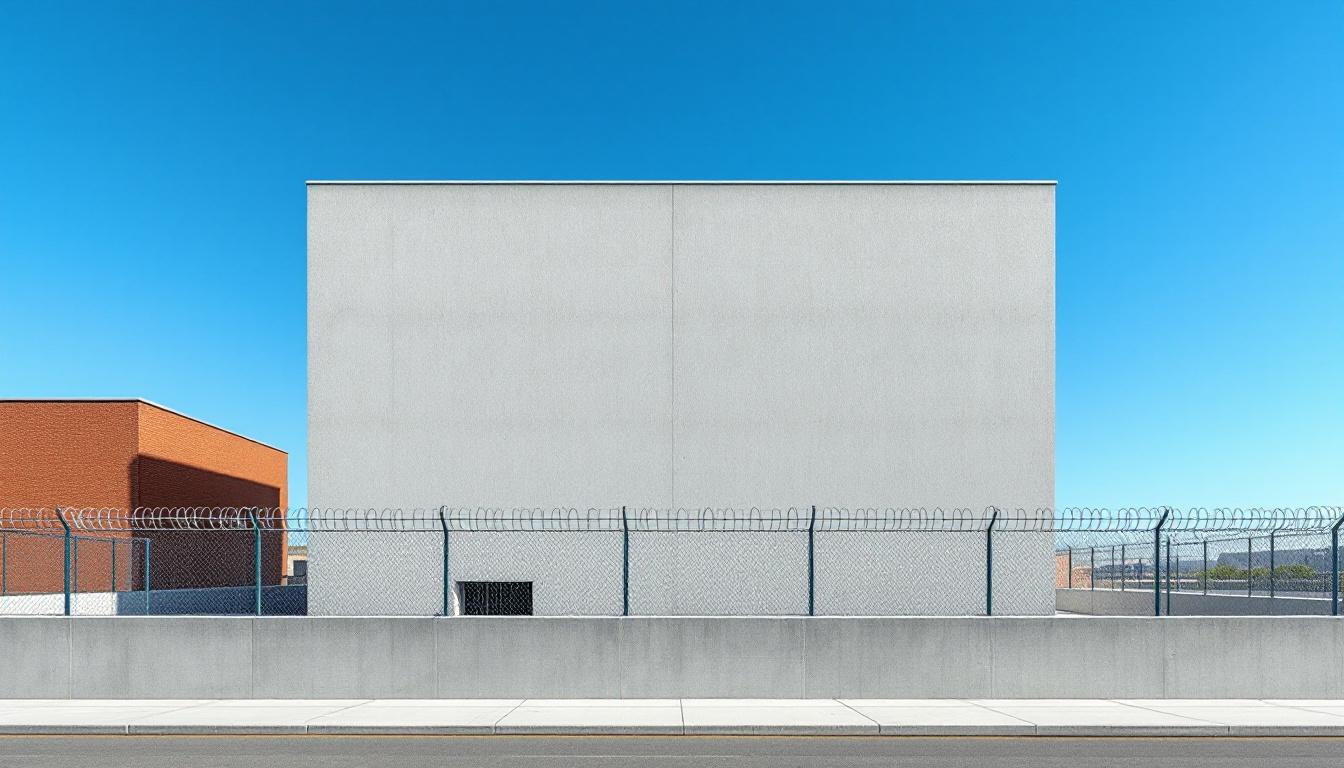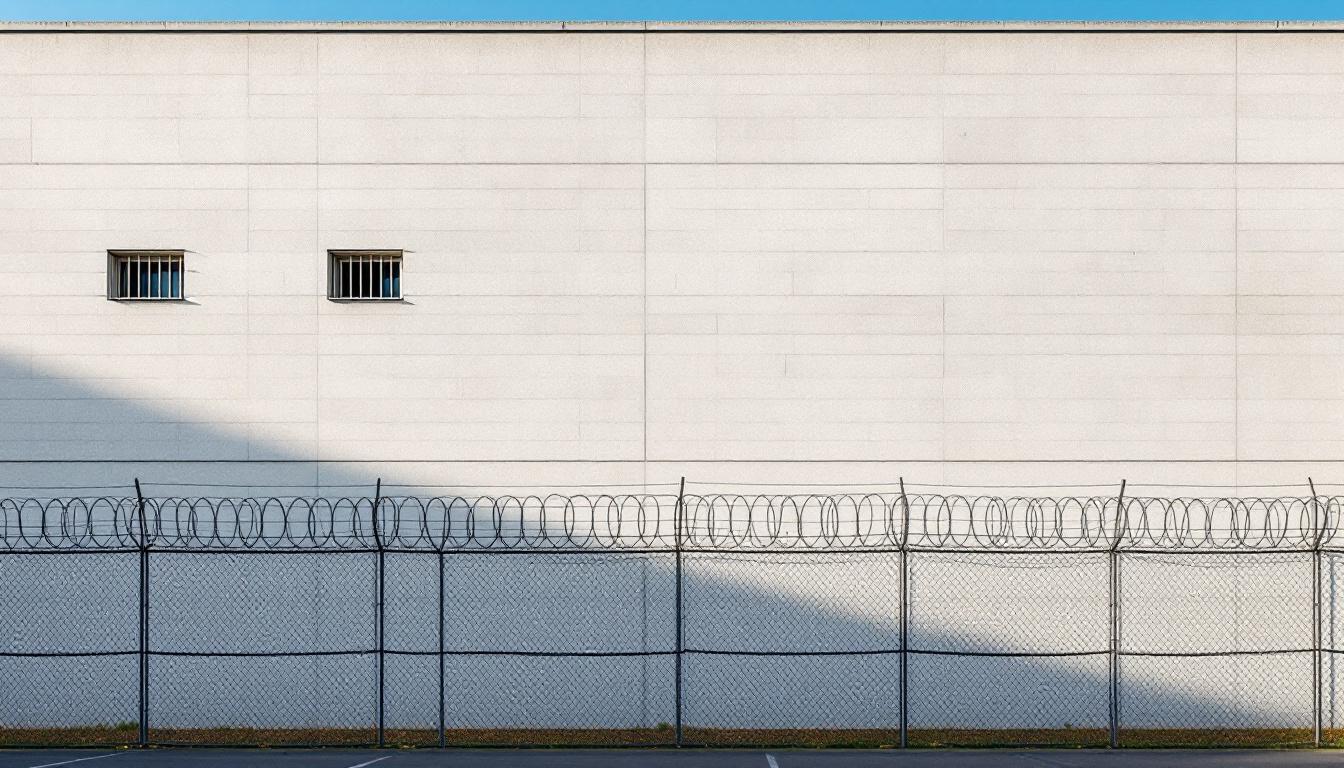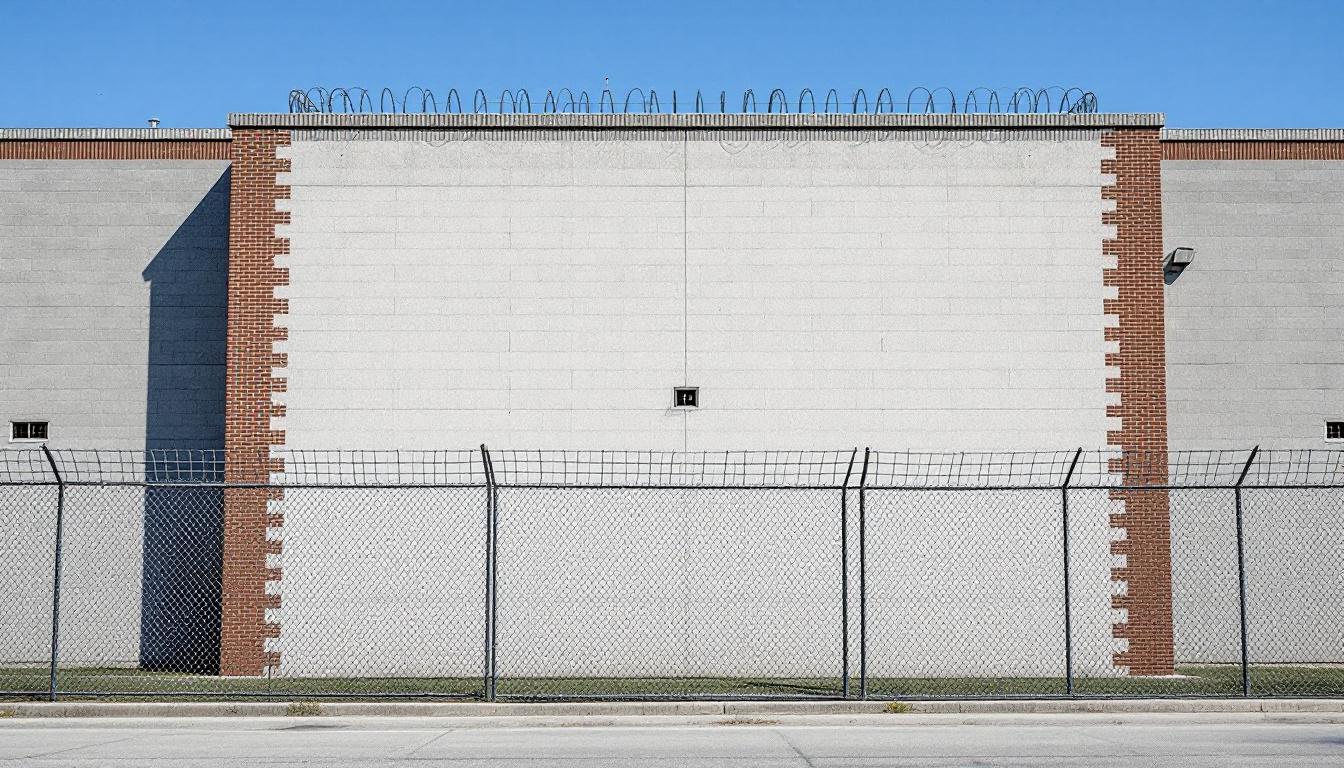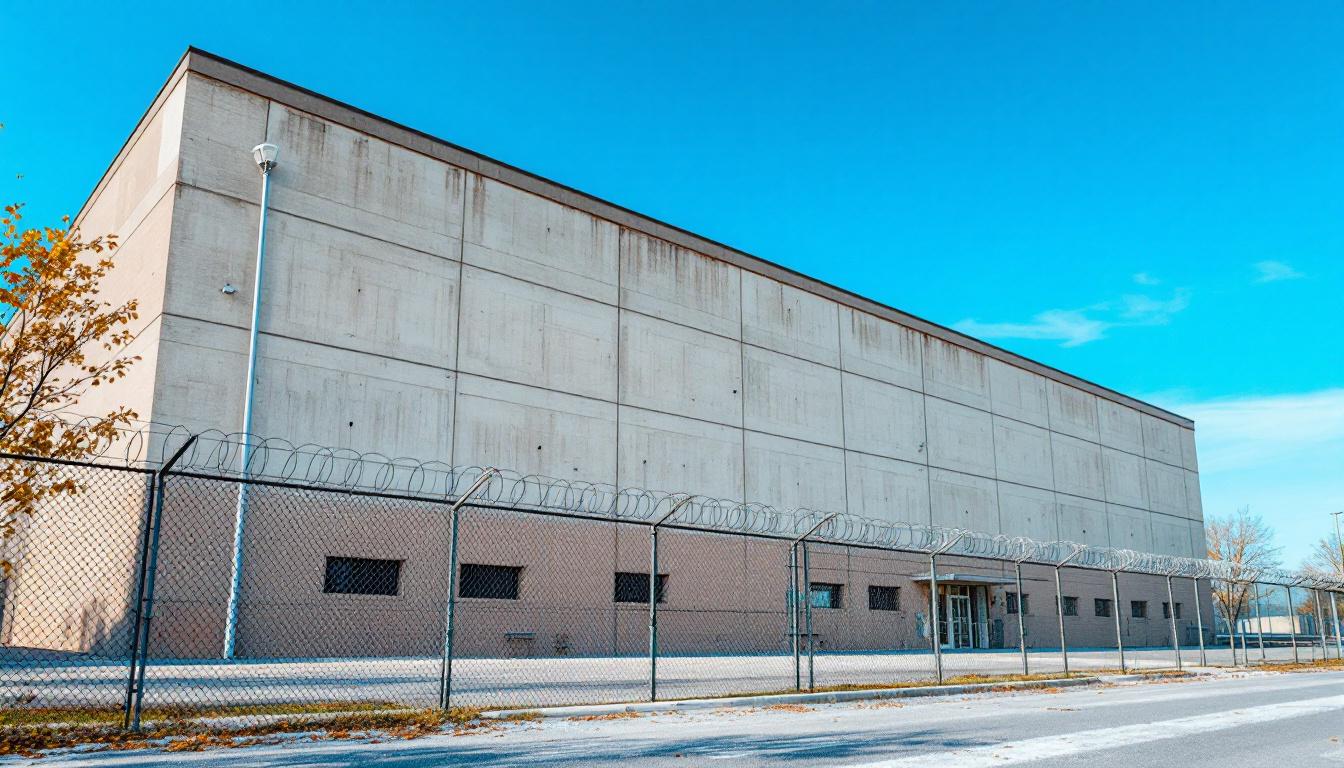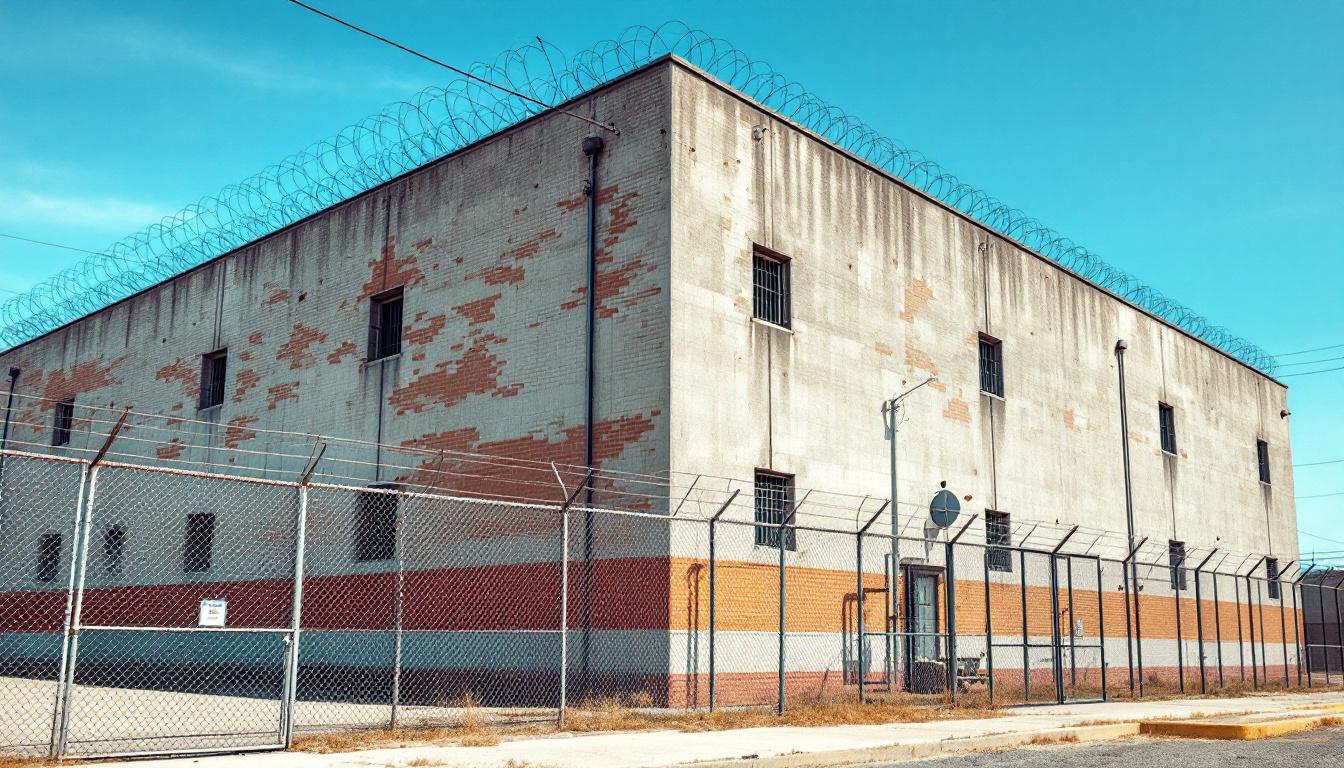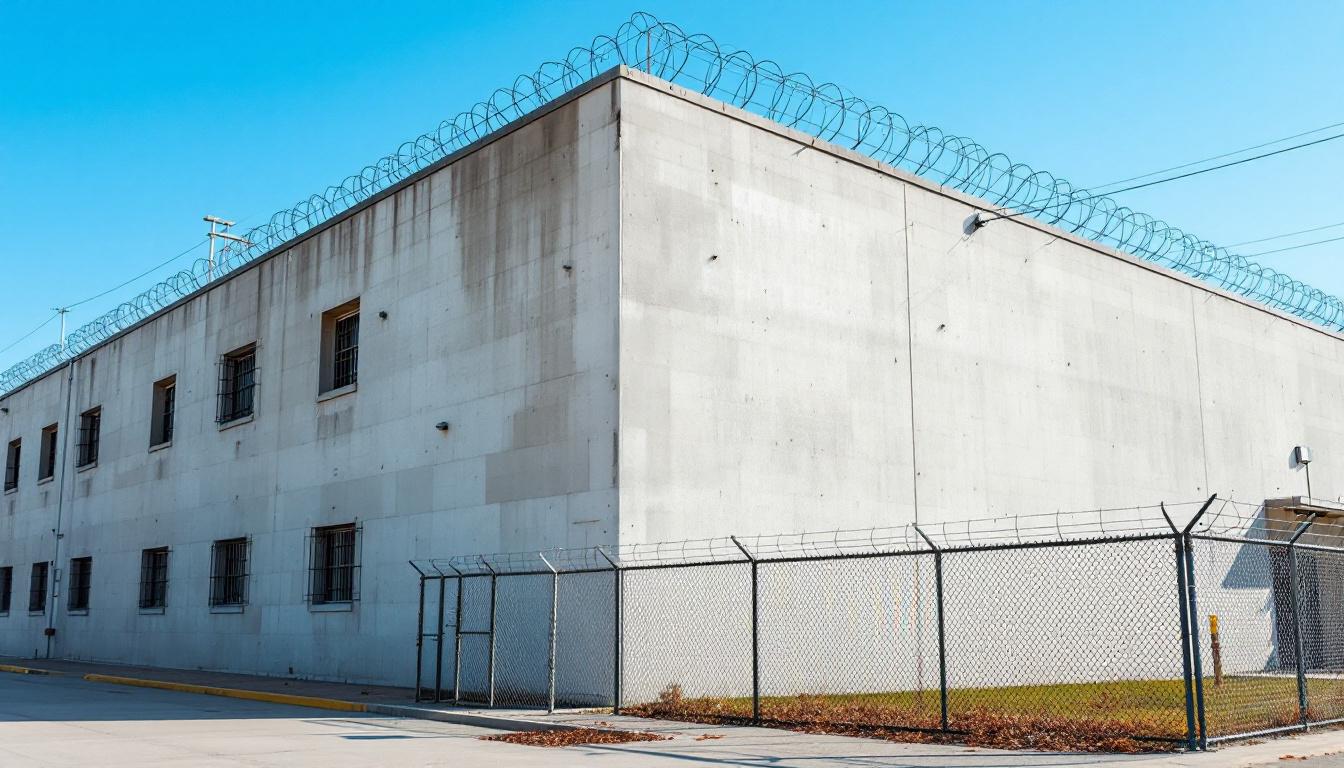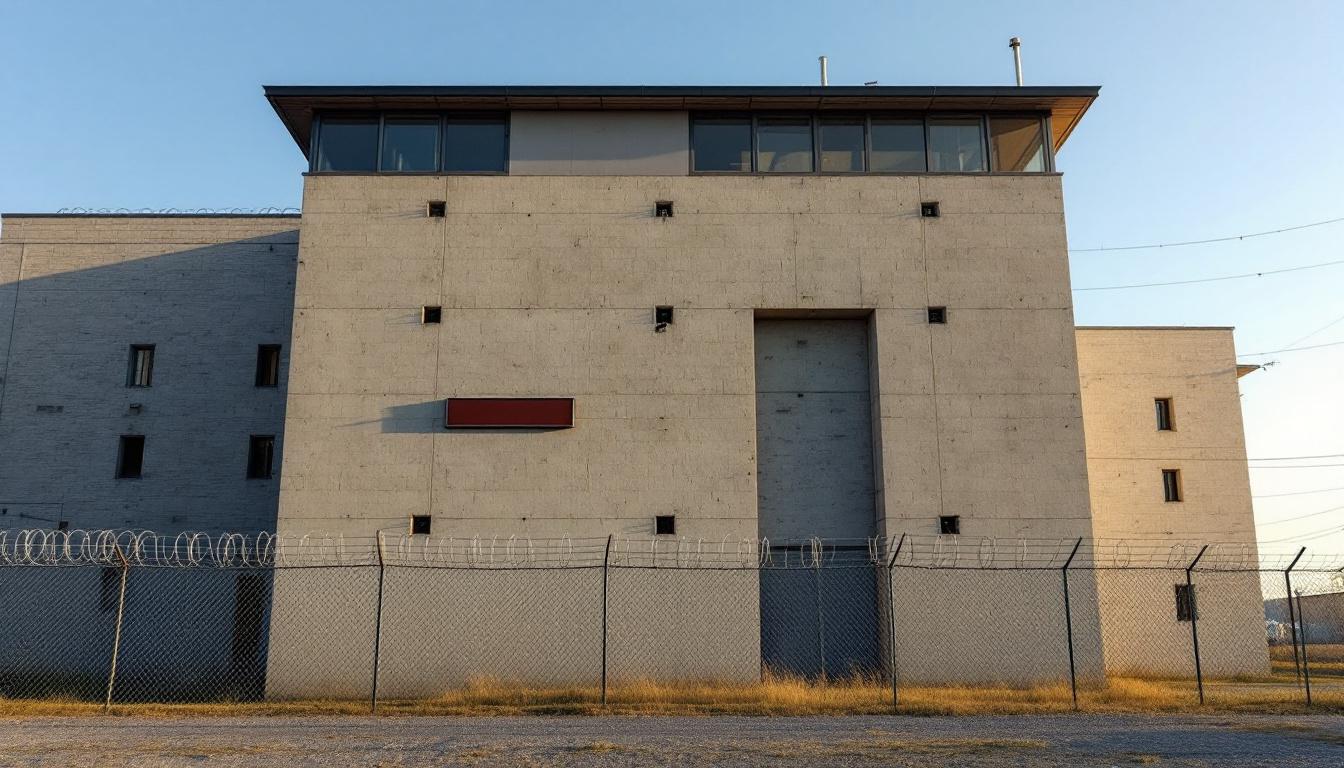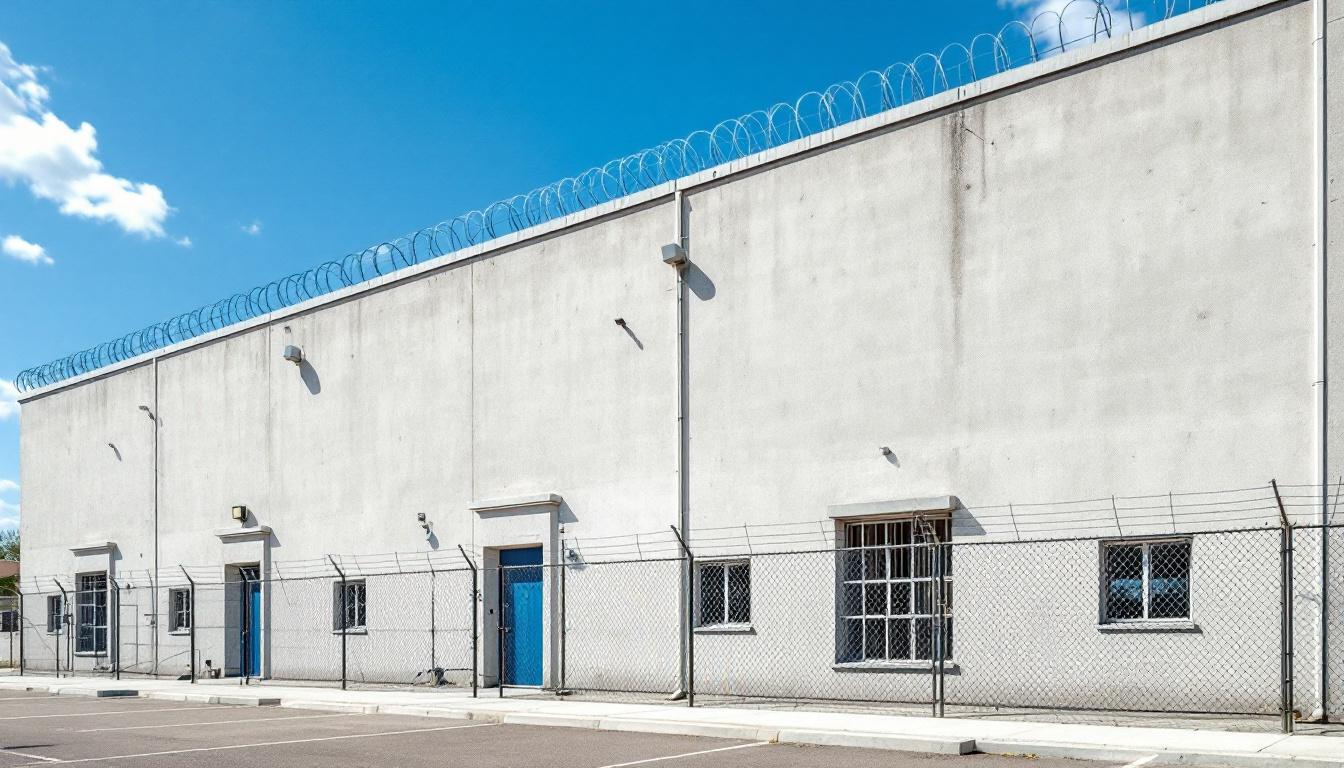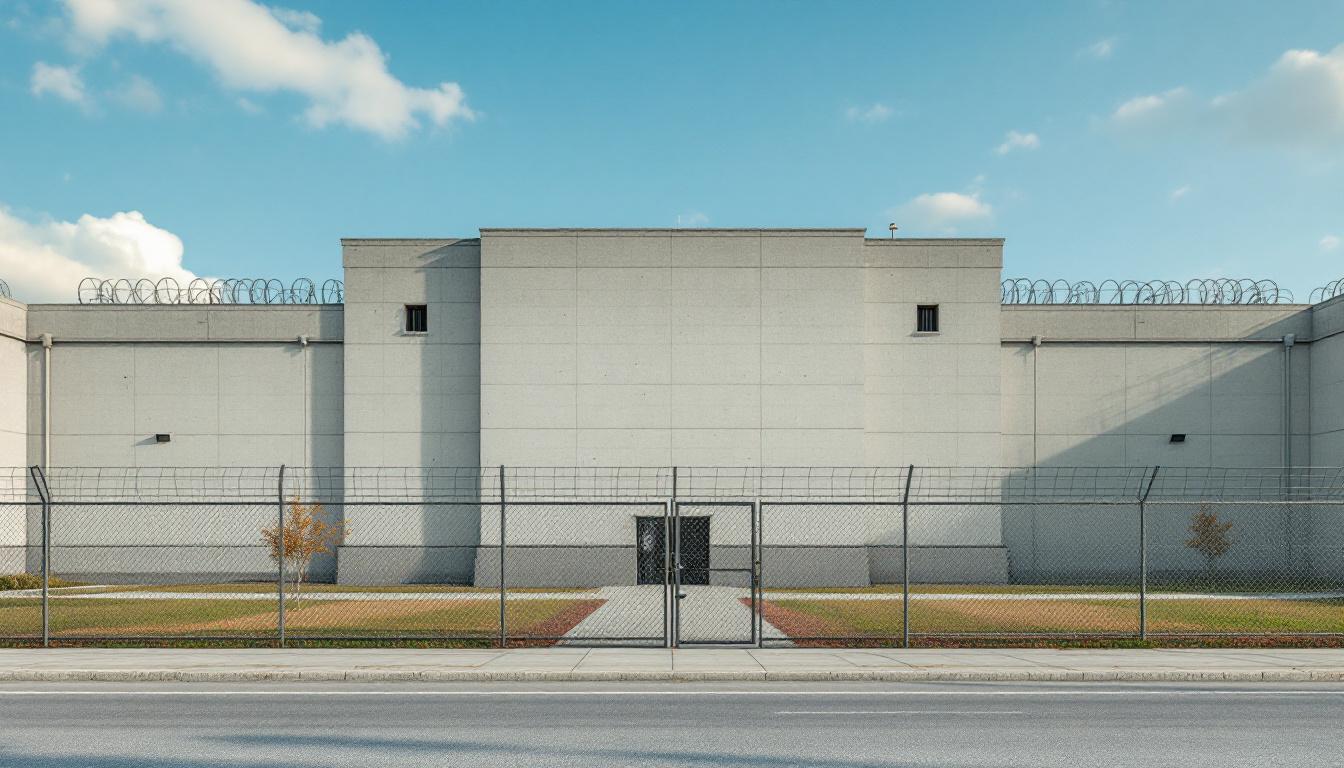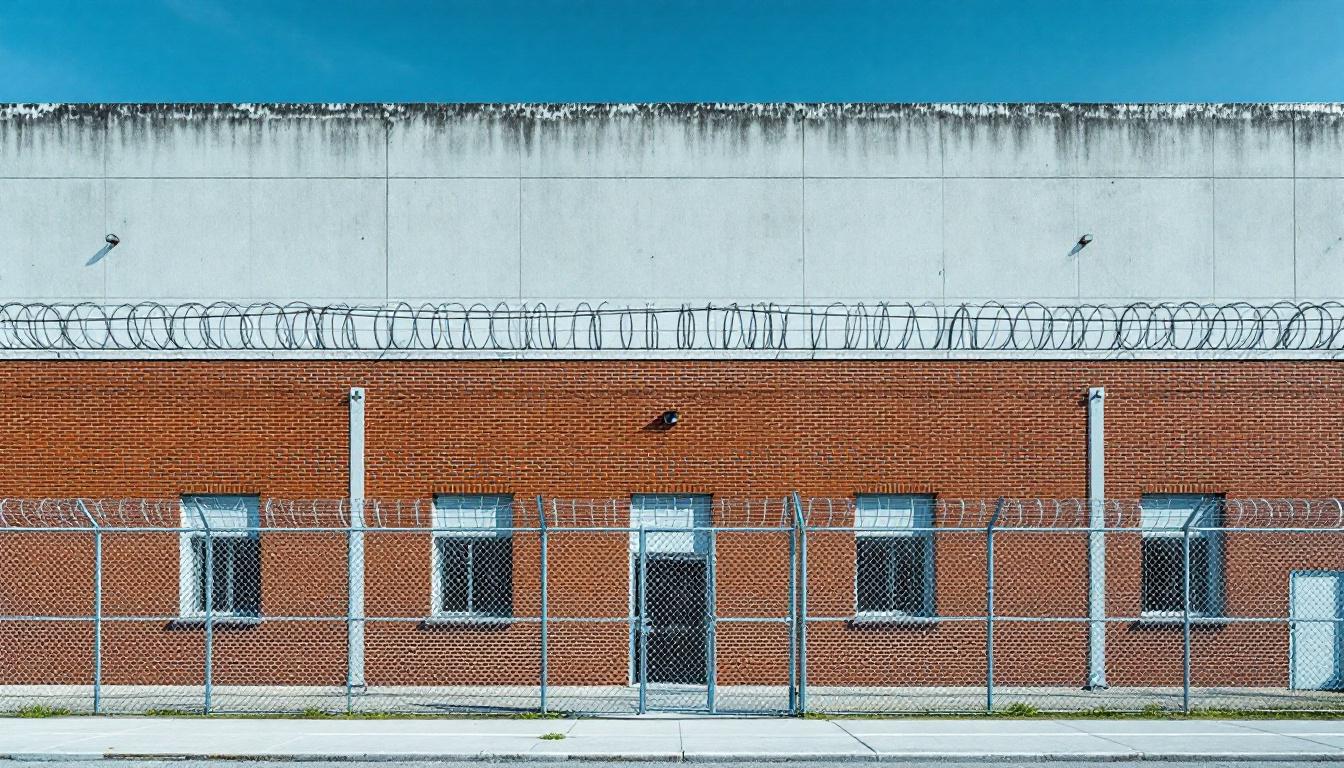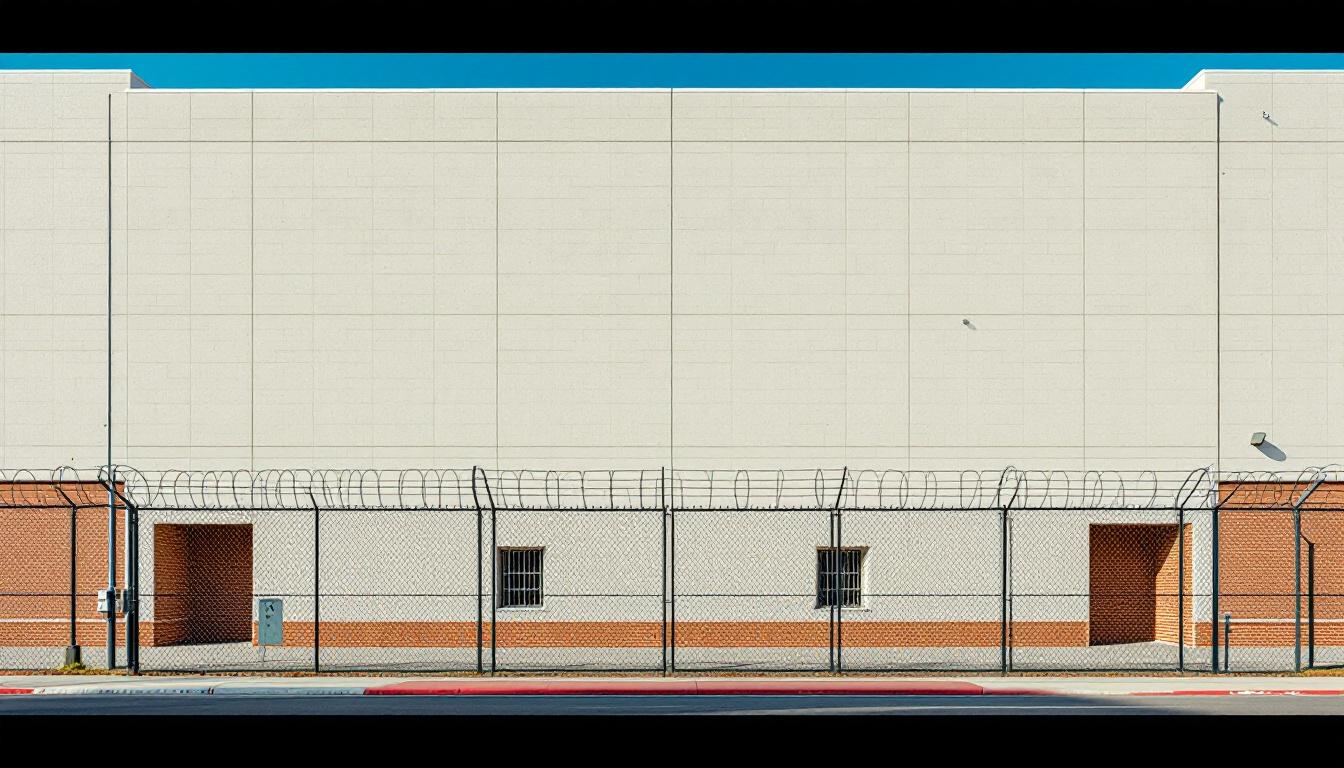
Quick Navigation
How to contact an inmate at Maryland Correctional Training Center
This comprehensive guide will walk you through how to connect with an inmate at Maryland Correctional Training Center. Follow the steps below to find an inmate and send letters and photos:
- Search for the inmate using our search tool below
- Create your account or log in to Penmate
- Write your message (up to 6,000 characters)
- Send instantly - inmates receive printed copies daily
Find an Inmate
Search for an inmate to start communicating today
Tip: You can search by first name, last name, or inmate ID number
To contact a person at Maryland Correctional Training Center start by searching for the person on the official facility website. Perform a search by following these steps:
- Step 1: Enter their first name and last name into the search form and click "Search"
- Step 2: Locate their inmate record
- Step 3: Write down their Inmate ID and any housing information provided
Important! Be sure to enter the person's full name. Nicknames should not be used.
How to Send Messages to Inmates

You can use your phone or computer to send emails, letters, and photos to an inmate. Messages are sent electronically to inmate tablets or kiosks at the facility. If you would like to send a message, start by searching for an inmate at Maryland Correctional Training Center.
Sending Photos and Postcards

A great way to send love and support to a loved one at Maryland Correctional Training Center is to send photos and postcards. It only takes a few minutes to send photos from your phone and it makes a huge difference. You can also mail postcards with words of support and inspiration, or design your own postcard for special moments like birthdays and holidays.
Important! Be sure not to send any explicit photos or they may not be approved by the facility. You can also use a photo printing app like Penmate to make sure your photos are printed at the correct size (4x6 or 3x5) and are mailed according to the rules and regulations of Maryland Correctional Training Center.
Frequently asked questions about Maryland Correctional Training Center
-
How long does it take to deliver a message?
If you're sending an email message your letter is usually delivered within 24-48 hours. For messages sent via mail you should expect delivery within 3-7 days. All messages will need be approved by Maryland Correctional Training Center.
-
How much does it cost to send a message to Maryland Correctional Training Center?
You can send a message free using your phone or mail a message via USPS for the price of a $0.60 stamp and envelope. You can also purchase credits or e-stamps from services starting at $1.99.
-
What services can I use to contact an inmate at Maryland Correctional Training Center?
Penmate
You can use Penmate to send letters and photos to an inmate from your phone. It's an easy way to stay in touch during your loved one's incarceration. Use the inmate locator to find an inmate's location and contact information, then you can send messages within a few minutes.
Securus messaging
Securus may be another option for communicating with an inmate at Maryland Correctional Training Center. You can create a friends and family account and purchase credits to send messages. All messages will be reviewed and must be approved by the facility.
JPay
Some county jails and state prisons may support sending messages with JPay. You must register an account with the system, find your loved one, and purchase stamps to send messages. For some locations you can also attach photos.
Smart Jail Mail
You may also check if Smart Jail Mail is available at Maryland Correctional Training Center. Smart Jail Mail is operated by Smart Communications and has contracted with some state and county jails. After purchasing credits, your messages and photos are sent to the facility, printed out, and then handed out to your loved one.
-
What is the mailing address of Maryland Correctional Training Center?
Mailing address:
Maryland Correctional Training Center
18800 Roxbury Rd
Hagerstown, MD 21746
Phone: (240) 420-1601Business hours:
- Monday: Open 24 hours
- Tuesday: Open 24 hours
- Wednesday: Open 24 hours
- Thursday: Open 24 hours
- Friday: Open 24 hours
- Saturday: 8:30 AM – 2:00 PM
- Sunday: Open 24 hours
-
What are the visiting hours at Maryland Correctional Training Center?
Visiting hours at Maryland Correctional Training Center vary by housing unit and security level. Generally, visits are scheduled on weekends and holidays, with some facilities offering weekday visits. Contact the facility directly at (240) 420-1601 or check their website for the current visiting schedule. Visits typically last 30-60 minutes and must be scheduled in advance.
-
What items are prohibited when sending mail to Maryland Correctional Training Center?
Prohibited items typically include: cash, personal checks, stamps, stickers, glitter, glue, tape, staples, paperclips, polaroid photos, musical or blank greeting cards, hardcover books, magazines with staples, and any items containing metal or electronics. Only send letters on plain white paper with blue or black ink. Photos must be printed on regular photo paper (no Polaroids). Always check with Maryland Correctional Training Center for their specific mail policies.
-
How do I send money to an inmate at Maryland Correctional Training Center?
You can send money to an inmate at Maryland Correctional Training Center through several methods: 1) Online using JPay, Access Corrections, or the facility's approved vendor, 2) Money orders mailed directly to the facility with the inmate's name and ID number, 3) Kiosks located in the facility lobby, or 4) Over the phone using a credit or debit card. Fees vary by method, typically ranging from $2.95 to $11.95 per transaction.
-
Can I schedule a video visit with an inmate at Maryland Correctional Training Center?
Many facilities now offer video visitation as an alternative to in-person visits. At Maryland Correctional Training Center, video visits may be available through services like Penmate, Securus Video Connect, GTL, or ICSolutions. Video visits typically cost $10-20 for 20-30 minutes and must be scheduled in advance. You'll need a computer or smartphone with a camera and reliable internet connection. Contact the facility for their specific video visitation policies and approved vendors.
-
What identification do I need to visit an inmate at Maryland Correctional Training Center?
All visitors must present valid government-issued photo identification such as a driver's license, state ID, passport, or military ID. Minors must be accompanied by a parent or legal guardian who can provide the minor's birth certificate. Some facilities require visitors to be on the inmate's approved visitation list, which may require a background check. Contact Maryland Correctional Training Center for specific ID requirements and visitor approval procedures.
-
How can I find out an inmate's release date?
To find an inmate's release date at Maryland Correctional Training Center, you can: 1) Use the online inmate search tool if available, 2) Call the facility's records department, 3) Contact the inmate's case manager or counselor, or 4) Have the inmate provide this information during a call or visit. For privacy reasons, some facilities only release this information to immediate family members.
Facility Overview
Contact Information
Maryland Correctional Training Center18800 Roxbury Rd
Hagerstown, MD 21746
Phone: (240) 420-1601
Official Website
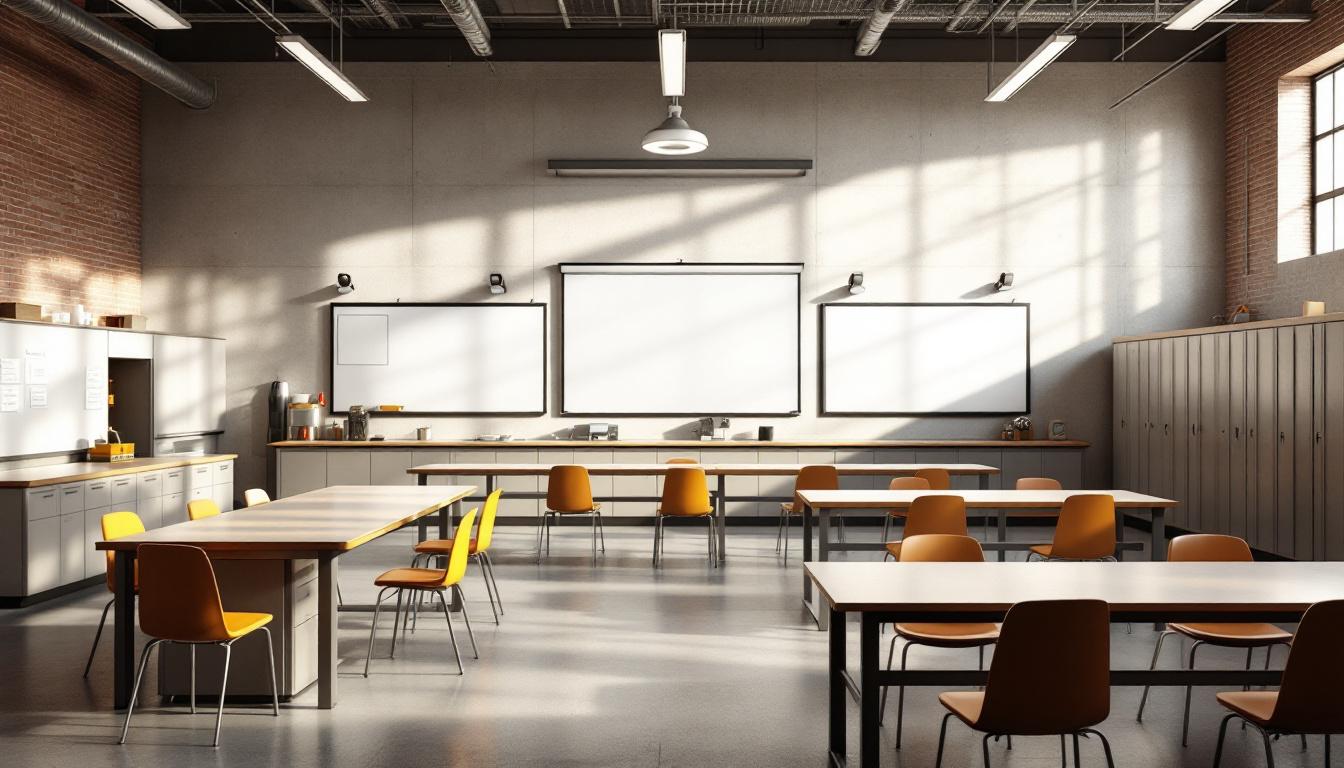
About Maryland Correctional Training Center
Correctional facilities serve as vital components in the justice system’s approach to rehabilitation and public safety, and the Maryland Correctional Training Center exemplifies this mission through its comprehensive programming framework in Hagerstown, MD. Positioned within Maryland’s western region, this facility operates with a focus on preparing individuals for successful community reintegration while maintaining security standards appropriate for the population it serves.
The facility typically emphasizes skill-building initiatives that may include vocational training opportunities, educational programming, and behavioral intervention services designed to address the diverse needs of those in its care. Maryland Correctional Training Center generally maintains connections with community-based organizations throughout the Hagerstown area, fostering partnerships that can support both current programming and post-release transition planning. These collaborative relationships often extend to local employers, educational institutions, and social service providers who recognize the importance of creating pathways for successful reentry into the broader community.
Through its holistic approach to corrections, the facility works to balance accountability with opportunity, providing the population services that address both immediate needs and long-term goals. The center’s programming philosophy typically recognizes that effective rehabilitation requires addressing multiple aspects of an individual’s circumstances, from basic education and job skills to family relationships and community connections. This comprehensive framework reflects Maryland’s broader commitment to evidence-based correctional practices that benefit not dedicated those directly served but also the families and communities to which individuals will eventually return.
Programs & Services
Comprehensive support flows through carefully structured programming designed to address the diverse needs of the population at Maryland Correctional Training Center. The facility’s approach typically centers on building foundational skills while fostering personal growth through evidence-based interventions. These programs often emphasize community reintegration and family reconnection, creating pathways for participants to develop the tools necessary for successful transitions back into society.
Educational opportunities form a cornerstone of the facility’s offerings, with high school diploma programs providing essential academic credentials for those who may not have completed their secondary education. Education programs typically extend beyond basic academics to include literacy enhancement and continuing education options that help participants build confidence in their learning abilities. Moreover, vocational training programs may supply hands-on experience in various trades and technical fields, equipping the population with marketable skills that can lead to meaningful employment upon release.
Therapeutic services often include individual and group counseling sessions that address underlying issues contributing to criminal behavior. Restorative justice programs typically focus on accountability and healing, helping participants understand the impact of their actions on victims and communities. Peer support groups may offer ongoing encouragement and shared experiences among the population, while victim awareness initiatives often provide opportunities for participants to develop empathy and take responsibility for their past actions. These comprehensive support services work together to create an environment where personal transformation and community healing can occur.
Daily Life & Visitation
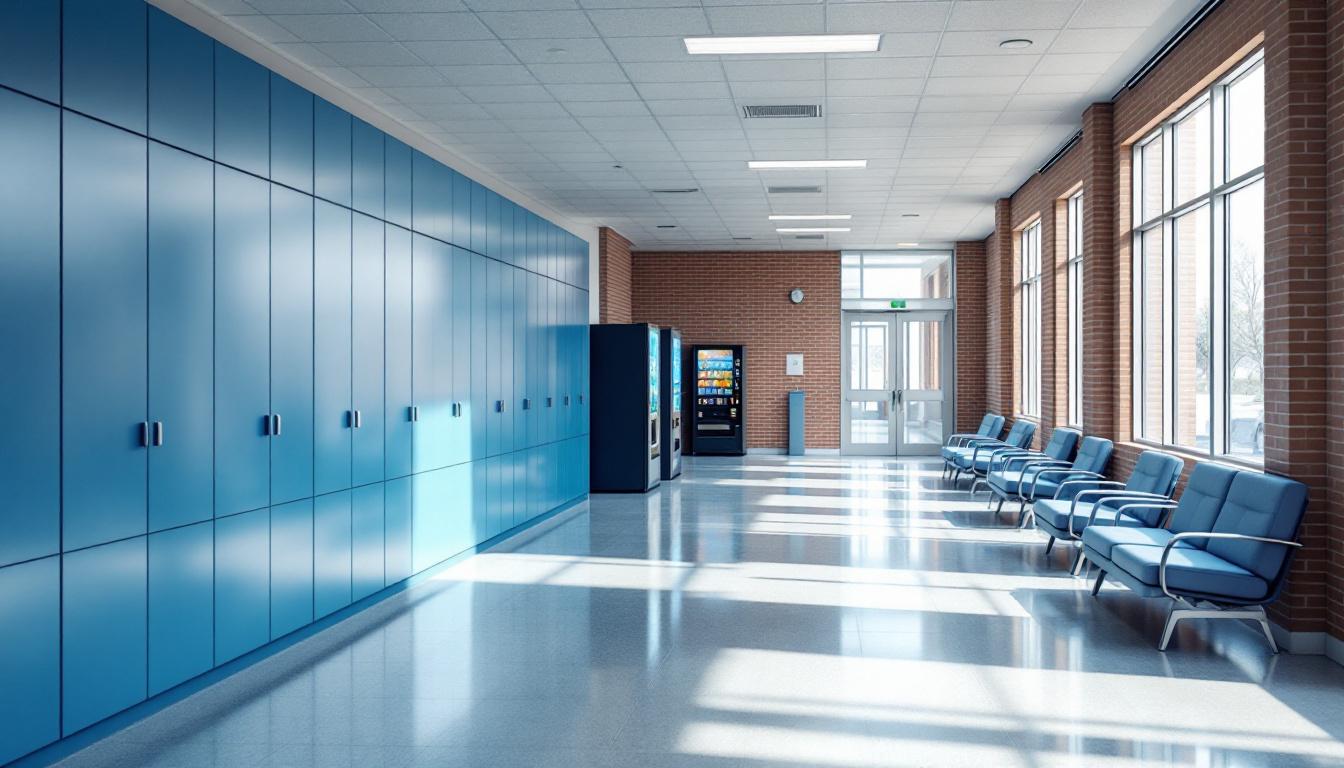
Structured protocols and systematic scheduling at present shape virtually every aspect of the experience for the population at Maryland Correctional Training Center. The facility actively maintains organized daily routines that typically begin with early morning counts and meals, followed by work assignments, educational programming, or recreational periods. Generally, the population moves between activities according to predetermined schedules that supply predictability and order throughout each day.
Housing arrangements typically consist of dormitory-style units or individual cells, depending on security classification and facility capacity. The population usually shares common areas within their housing units, which may include dayrooms with television access and tables for meals or activities. Moreover, personal property allowances generally permit residents to maintain basic personal items, hygiene products, and approved reading materials. Commissary services typically operate on scheduled days, allowing the population to purchase additional food items, personal care products, and approved recreational materials.
Programming schedules often include vocational training opportunities, educational classes, and structured recreational activities that supply meaningful engagement during non-work hours. Whereas work assignments may involve facility maintenance, food service, or institutional operations, recreational programming typically offers gymnasium access, outdoor exercise periods, and organized sports activities. Family connections remain supported through scheduled visitation periods and telephone privileges, though specific policies may vary based on security considerations and facility protocols. Communication options generally include monitored phone calls and correspondence, helping the population maintain important relationships with loved ones in the community.
Ready to Connect?
Start communicating with your loved one today
Search for an Inmate
